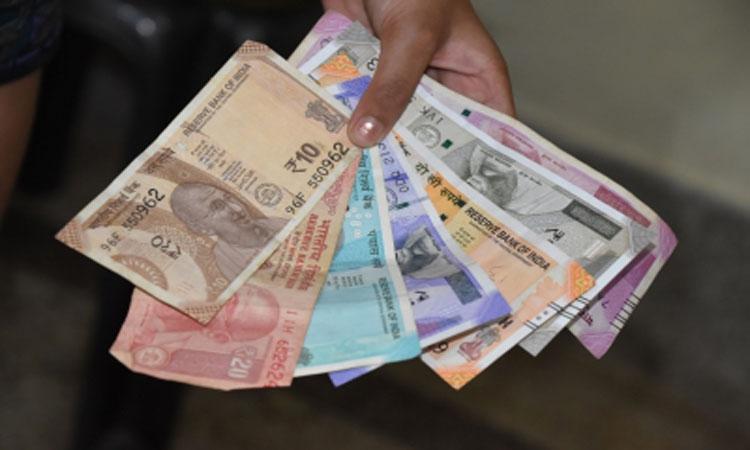The Indian currency is expected to remain under pressure in the near-term amidst a combination of negative global cues as well as domestic factors at play, said Bank of Baroda in a report.
However, the central bank RBI is likely to intervene in the forex exchange market to support the rupee and prevent any sharp depreciation in the exchange rate.
On Monday, the Indian rupee slipped to a fresh record low of 78.04 per US dollar amidst a resurgence in strength in the dollar primarily on account of expectations of aggressive policy tightening by the US Fed this week at the monetary policy meeting.
Increasing risks to global growth have increased the safe-haven demand for dollars, besides reports that China has once again imposed lockdown restrictions in Beijing have severely dented investor sentiments, said the report.
"Covid-19 restrictions in China, Russia-Ukraine war and monetary tightening by global central banks will weigh on the global growth outlook."
Also Read | Adani and Total Energies to create world's largest green hydrogen ecosystem
Apart from the external factors, domestic factors such as oil prices remaining at above $120 per barrel and persistent foreign fund outflows too have contributed to the pressure on the rupee, the report said.
"FPIs (foreign portfolio investors) have remained net sellers in the domestic market for 9-straight months now. Even in June 2022, FPIs have pulled out $ 2.4 billion from the Indian market so far. With interest rates in the US likely to go up much faster than elsewhere, FPI inflows into emerging markets such as India are likely to remain muted."


















